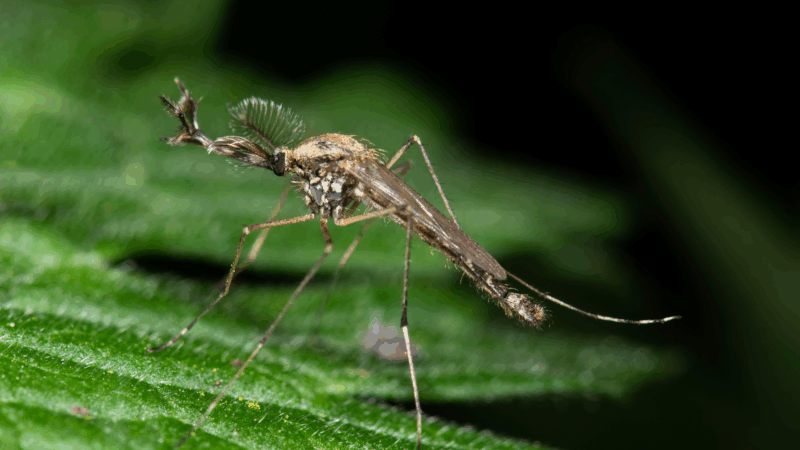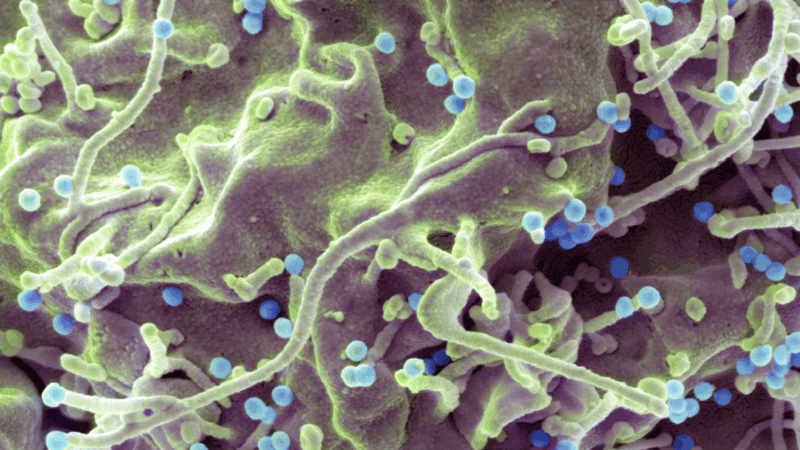Iceland reports the presence of mosquitoes for the first time, as climate warms
Icelanders may be the last group of people on Earth to experience the pesky bite of a mosquito.
This week, Iceland recorded the presence of the insects within its borders for the first time in the Nordic nation’s history.
The discovery of three Culiseta annulata mosquitoes was confirmed Monday by the Natural Science Institute of Iceland, which said the mosquitoes likely arrived by freight and appeared to be able to withstand Iceland’s climate. (There have been previous reports of mosquitoes found in airplanes in Iceland.)
The institute noted that the mosquitoes were one of a number of new insect species discovered in Iceland in recent years due to a warming climate and the growth of international transportation.
Insect enthusiast Björn Hjaltason said he found the mosquitoes on a farm in Kjós, just north of Reykjavík, earlier this month.
“At dusk on the evening of October 16th, I caught sight of a strange fly on a red wine ribbon,” Hjaltason told Icelandic broadcaster RUV. “I immediately suspected what was going on and quickly collected the fly. It was a female.”
Hjaltason later trapped two more. All three insects were turned over to authorities for testing, which revealed that they were two female and one male mosquitoes.
Antarctica is now the only place in the world believed to have no mosquitoes.
Climate change is causing temperatures to rise across the world, and the Arctic region is warming at more than double the rate of the global average.
According to the Natural Science Institute of Iceland, the species Culiseta annulata are large mosquitoes present in Europe and other Nordic countries that can live in cold weather, usually finding shelter in outbuildings and basements.
Though they sting, the institute said they don’t carry known infections in those areas. One study from 2017 said Culiseta annulata are often “regarded as a biting nuisance, rather than a deadly foe.”
There are more than 3,000 species of mosquitoes around the world, some of which can transmit severe and even fatal diseases through their bites such as malaria, dengue fever and West Nile virus.
A new one-a-day-pill holds promise for HIV’s ‘forgotten population’
It's designed to take the place of complicated, multiple drug regimens that many people with HIV need to follow. And it's also beneficial because the HIV virus is always evolving.
For filmmaker Chloé Zhao, creative life was never linear
Director Chloé Zhao used meditation, somatic exercises and dance to inspire the cast and crew of this Oscar-nominated story about William Shakespeare's family.
10 new books in March offer mental vacations
March is always a big one for books – this year is no different. We call out a handful of upcoming titles for readers to put on their radars — offering a good alternative to doomscrolling.
Sen. Chris Coons, D-Del., talks about the war with Iran and upcoming war powers vote
NPR's A Martínez asks Delaware Democrat Chris Coons, a member of the Senate Foreign Affairs Committee, about the war with Iran.
The candy heir vs. chocolate skimpflation
The grandson of the Reese's Peanut Butter Cups creator has launched a campaign against The Hershey Company, which owns the Reese's brand. He wants them to stop skimping on ingredients.
Scientists make a pocket-sized AI brain with help from monkey neurons
A new study suggests AI systems could be a lot more efficient. Researchers were able to shrink an AI vision model to 1/1000th of its original size.







